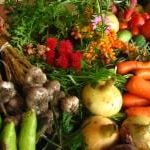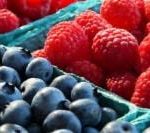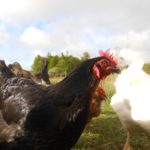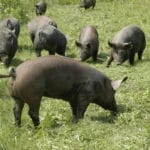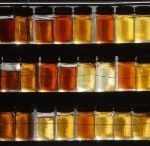Register Now for Block 2 Online Courses
Grow Your Business by Growing New Products
If you’re not already registered, be sure to check out the next round of online courses. These courses are filling up fast and will close October 28, 2018, at 11:59 p.m EST.
Veggie Farming Part 1 – From Planning to Planting
This course helps new and aspiring vegetable producers answer basic questions about site selection, crop rotation, seeding, and transplanting, as well as the financial aspects of vegetable crop production. A number of topics will be covered in this online course, including variety selection, pre-plant preparation, and cultivation.
Berry Production
If you’re exploring the idea of adding berries and bramble fruits to your farm, this course will help you consider all the aspects of this decision, from varieties and site selection through profit and marketing. This course will be especially useful if you are interested in growing berries for income.
Poultry Production
Many new farmers get started with poultry because it’s a relatively low-investment enterprise with a fairly quick revenue turnaround. The margins can be slim though, and farmers need to develop the necessary skill set to produce a product that is both safe and profitable. This course will help you get started in building a successful poultry enterprise.
Getting Started with Pastured Pigs **NEW COURSE**
Pigs can be a profitable standalone enterprise or integrate into an existing farm structure. They provide a variety of products and are also ideal for turning agricultural wastes into a valuable product. Pigs make use of marginal lands that would otherwise go unused, and they can improve that land.
Introduction to Maple Syrup Production
Maple syrup production is rapidly growing around the Northeast and offers a sound financial opportunity to utilize woodlots. This course explores the range possibilities of maple sugaring on your land – be it for supplemental income or for your livelihood. Also discussed are “alternative” trees for production, including Birch and Black Walnut.


